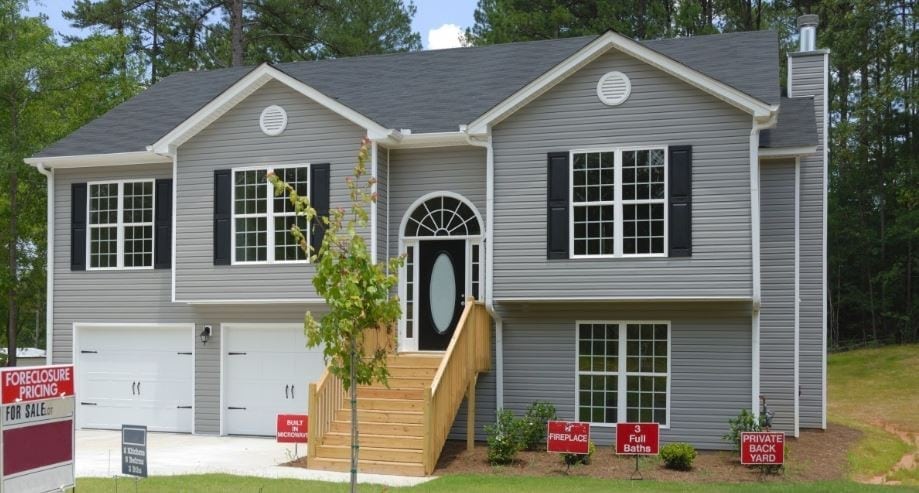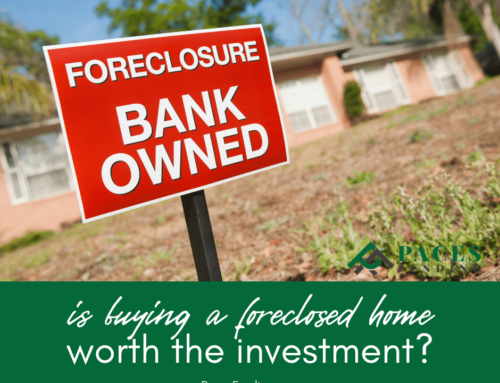
What Types Of Borrower Requirements Are There For Hard Money Loans?
Paces Funding is a professional hard money lender, so we have some very specific borrower requirements for hard money loans. Many are shocked to learn that there is actually no credit score requirement for borrowers to meet. Still, borrowers must complete an application. You also must have an executed contract for purchase.
Other Borrower Requirements
If you are applying for a hard money loan through Paces Funding, you’ll need a detailed construction budget for the property from a contractor. If you are the contractor, that’s fine, but we will still need a detailed construction budget. We also need to see that you have access to adequate reserves in order to pay the expenses of closing and the expenses of continued borrowing.
We also need to know how you plan to get out of the loan. What is your exit strategy? Do you have another lender lined up? Learn more about exit strategies for hard money loans from our previous blog post.
How Much Money Will Borrower Contribute?
At Paces Funding, we require the borrower to contribute at least 15% of the cost at closing.
If you can meet these requirements, apply for a hard money loan now!
Are You Looking for a Hard Money Loan to Flip a House Or Buy A Rental Property?
Paces Funding is a hard money lender offering hard money loans to purchase and renovate non-owner occupied residential and commercial properties throughout the Atlanta, Nashville, Florida, or the North and South Carolina metropolitan areas. Our application process for hard money loans is easy. Just fill out this very simple online form and you will be contacted shortly. Unlike other lenders, the window between applying and funding is very small. We have funded properties in as a little as one day, but typically funding hard money loans takes about seven to ten days.
Call us at 404-814-1644 or contact us online to find out whether you might qualify for this type of funding. In the meantime, check to ensure that you meet our loan criteria. Our loan amounts can be up to 65 percent of the after-repaired value of the collateral—and if you use the loan for renovation or construction, the loan amount can be based on the collateral’s improved value.














